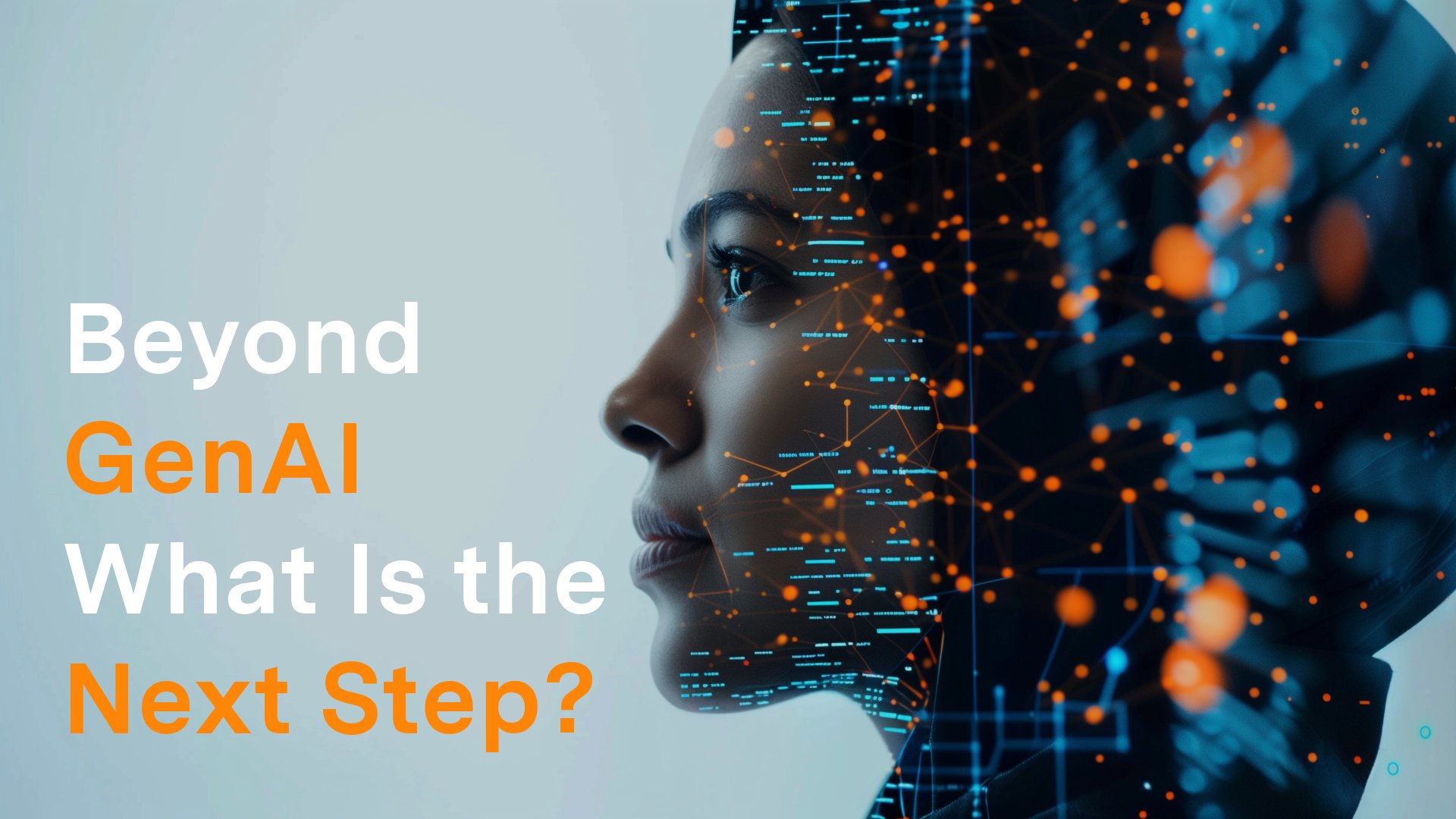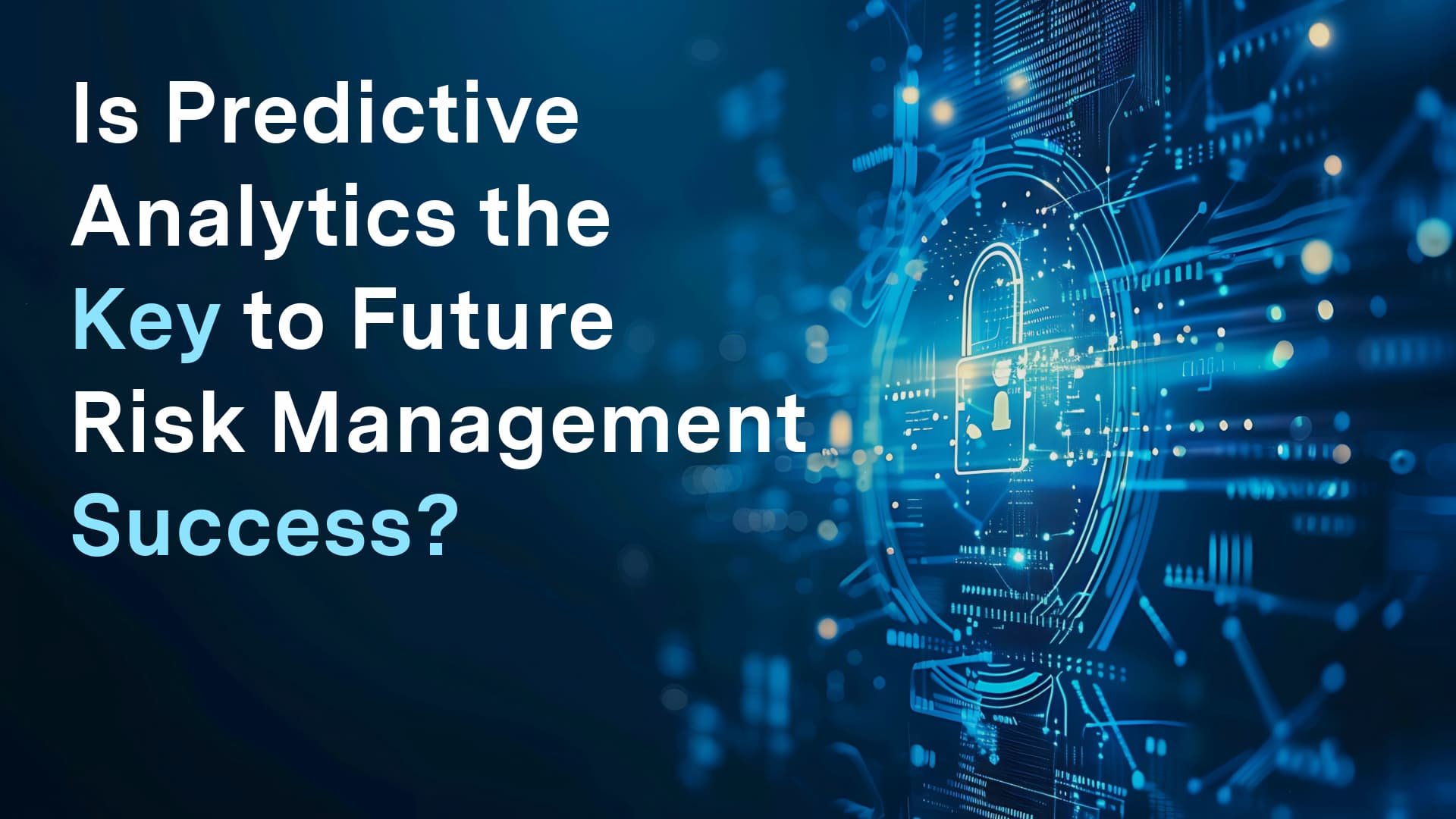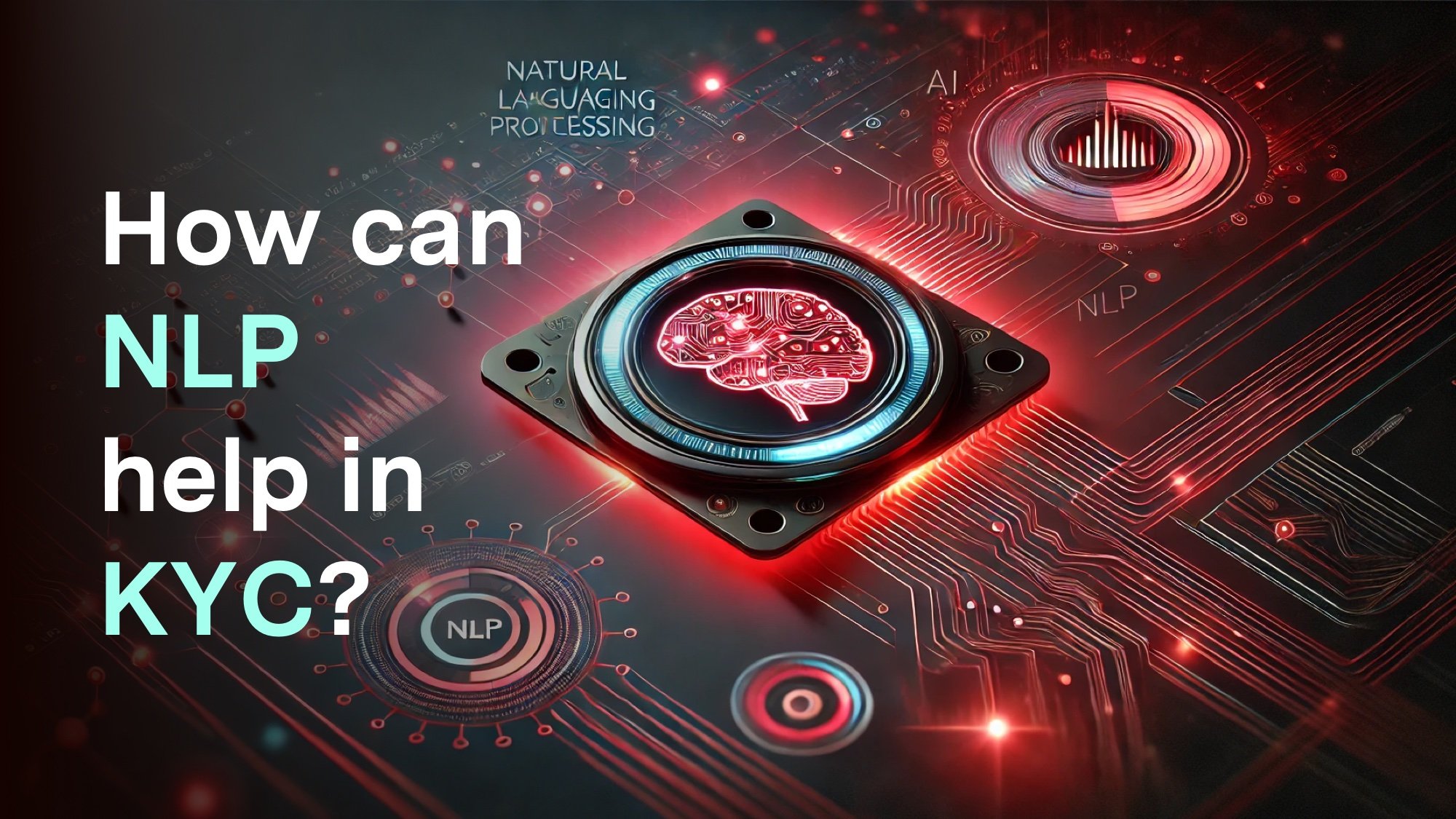
Insights
Select Category

How Predictive Analytics Is Transforming Fraud Detection
Traditional fraud detection methods can no longer keep up with modern, adaptive fraud tactics. Predictive analytics offers a proactive solution, allowing businesses to detect fraud patterns in real time, reduce false positives, and safeguard valuable data. By harnessing machine learning and data-driven insights, companies can shift from reactive responses to efficient, preventative fraud detection, saving time, resources, and maintaining customer trust.
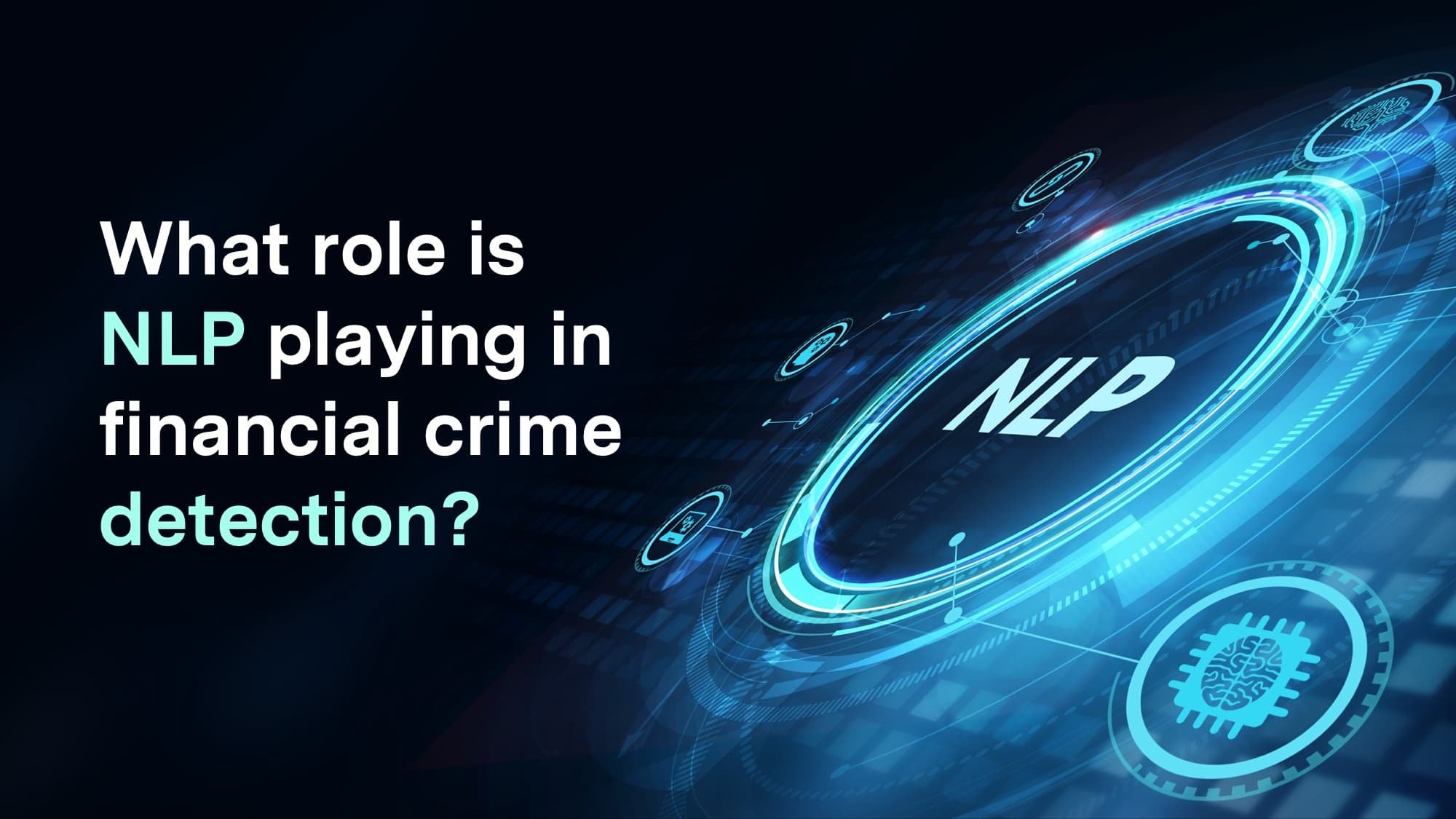
What role is NLP playing in financial crime detection?
In a landscape where traditional methods fall short, NLP acts as a surgical scalpel, dissecting language nuances for effective crime detection. In this article we look into sentiment analysis, risk rating evolution, and the promising future of NLP as a vigilant guardian in the fight for financial security.

Instant Payments – what are we sacrificing in order to meet service levels?
Exploring the risks and rewards of Instant Payments. In this article we delve into the challenges faced by compliance and risk professionals, balancing the need for speed with security.
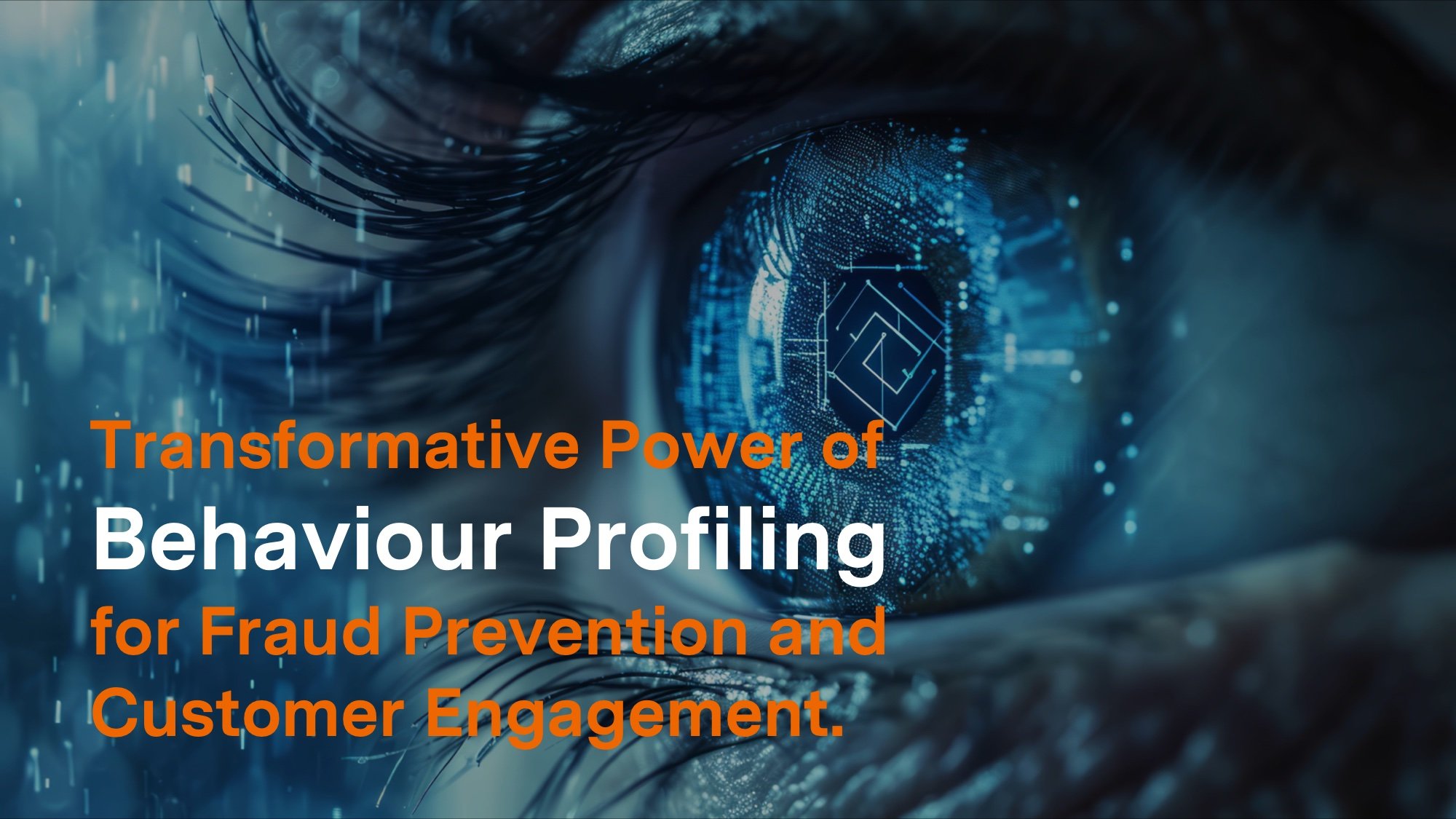
The Transformative Power of Behaviour Profiling for Fraud Prevention and Customer Engagement
Behaviour Profiling transforms fraud prevention in Financial Services. We look at how this advanced approach balances risk, enhances customer engagement, and streamlines operational costs. Proposing the imperative role of behaviour profiling in upholding the integrity of the financial system.

How do organisations evolve faster to stay ahead of fraudsters?
Staying ahead of fraudsters is an ongoing challenge in the dynamic and ever-evolving world of financial services.As technology advances at an exponential rate, so do the tactics of criminals, demanding a proactive, adaptive, and technology-driven approach from those in the field of compliance.
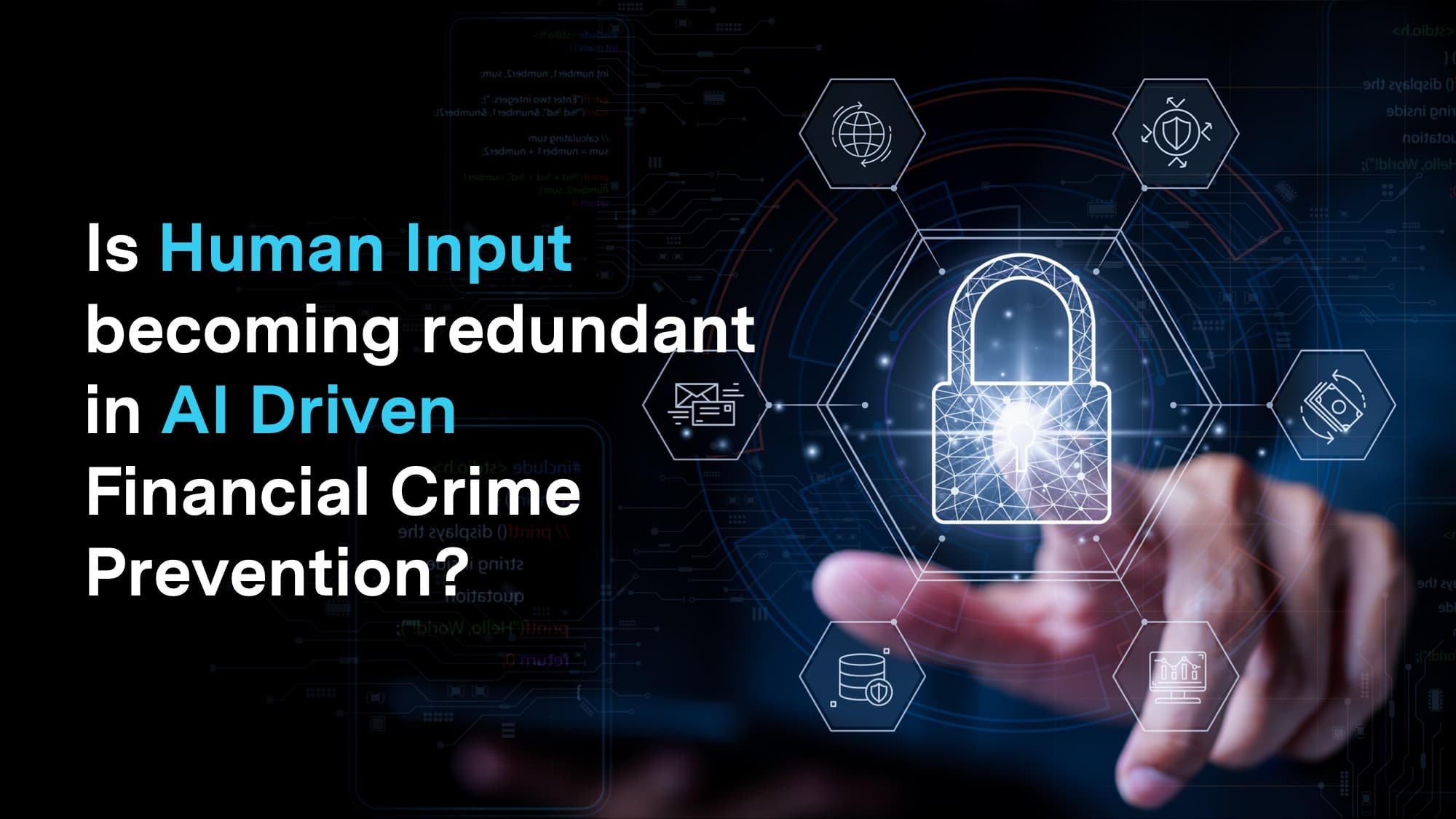
Is Human Input becoming redundant in AI-Driven Financial Crime Prevention?
Artificial intelligence (AI) is transforming financial crime prevention (FCP), but human expertise remains essential for contextual understanding, nuanced judgment, and ethical decision-making. Learn why human-AI collaboration is key to effective FCP.

